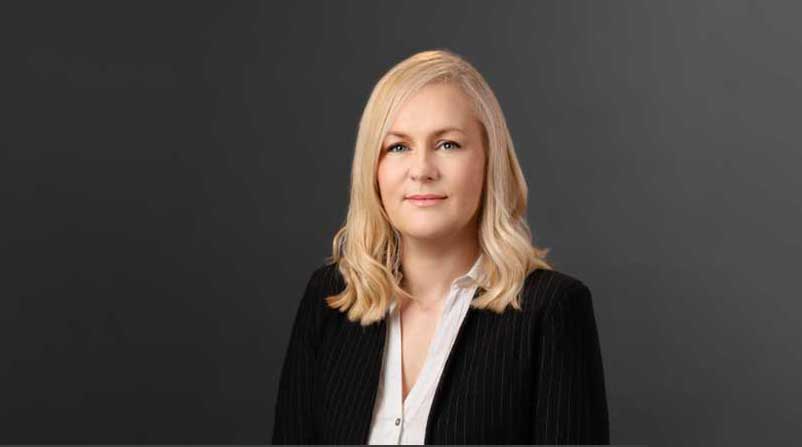Group Income Protection – a benefit for employees and employers
For Employers and Employees alike, Income Protection is an important part of the benefits package. While many of us can expect to live well into our retirement years (passed 65) for 1 in 4 people it’s not all plain sailing and illness or injury can be an unforeseen life event.

Loss of income is a very real concern for employees and therefore those offered access to a policy by their employer perceive this as a very valuable benefit. Furthermore, the cost can be significantly less than if an employee applies for similar cover on an individual basis.
For employers, a group policy is the most practical way to offer Income Protection.
A Group Income Protection policy, simply put, is a policy that insures a portion of employees salary. This means that their income can remain payable in the event of illness or injury, and they will not face a loss of earnings. You can keep them on the payroll and support them until they are able to return to work.
At CPAS, we manage a large group Income Protection plan and some of the most frequently asked questions are:
What is a “deferred period”?
This is the continuous amount of time you must be out of work before you can make a claim against your policy. The Life Companies typically offer the option of either, 13 weeks, 26 weeks or 1 year. The length of the deferred period will have an impact on the cost of the cover. Most group schemes have a 26-week deferred period.
What is the difference between escalation and indexation?
In Income Protection terms, Indexation allows you to increase your cover annually and escalation is the option to include increases to your income in payment if you had to make a claim. Escalation is typically available on a group policy, while indexation tends to apply to personal policies.
What does “Non-Medical Limit” mean?
This is sometimes called the Free Cover Limit and applies to all types of Protection policies. It is the level of cover a Life Company is prepared to offer, without requiring any medical information about you about your staff. For large group schemes the Non-Medical Limit can be quite high for all members, regardless of age or health – it is a little more restrictive for individual policies – and more dependent on age. Once you put the cover in place, you can keep the same level of cover in place going to term without providing medical evidence in the future. If you do not have access to a group policy, getting cover in place at a younger age is wise.
What is underwriting?
This is the term used by Life Companies to describe the process of assessing risk, ensuring that the cost of the cover is proportionate to the risks faced within the profile of the scheme. In a group scheme for example, you might not have to worry about this. But if you are older, or the level of your benefit is higher than the Non-Medical Limit, you may be underwritten. This may be a questionnaire about your health and lifestyle and may be followed by an interview with a nurse or a medical examination. If you are in good health, the results of the above investigations may mean you are not considered a risk to the Life Company, and they will provide you with the level of cover you require at the normal price they offer it for. If they feel your health or lifestyle poses a minor risk, they may decide to provide you with the level of cover you require but at a higher cost than usual. They could, in the event of poor health even decline to provide you with no cover at all.
If you are an employer, looking to enhance your benefits package to attract and retain your valued workforce, you should consider the benefits of a Group Income Protection Policy.
CPAS are the specialists when it comes to pension provision and financial advice for employers and staff in the Construction sector. CPAS administer the Construction Workers Pension Scheme and the Construction Executive Retirement Savings (CERS).
Contact: Susan O’Mara via email susan@cpas.ie or phone directly on 01 2234942.

